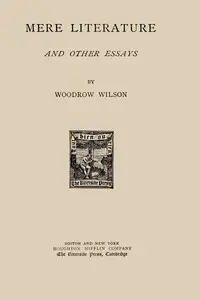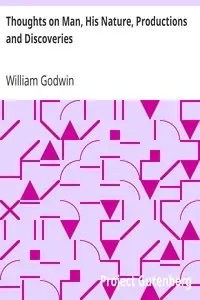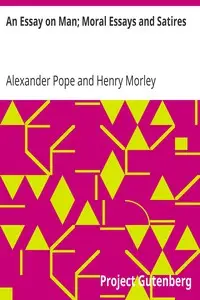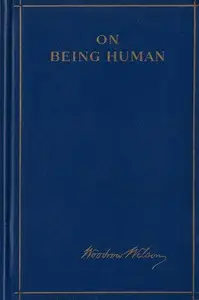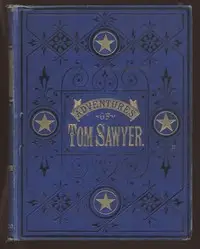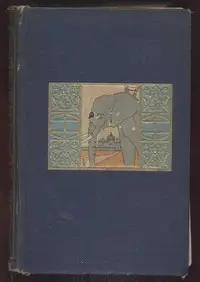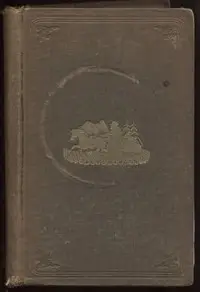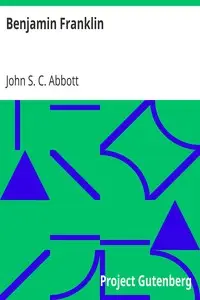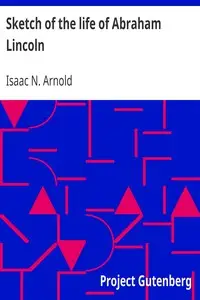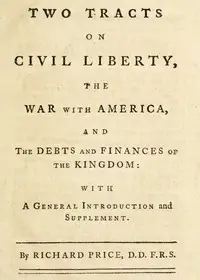"What Is Man? and Other Essays" by Mark Twain is a collection that grapples with the big questions about what makes us human. Through insightful essays and conversations, particularly between an Old Man and a Young Man, the book questions whether we truly have free will or if we're just complex machines reacting to the world around us. The conversation highlights the idea that our thoughts and actions might not be as original as we think, but instead, guided by our experiences and surroundings. It discusses how everything we do, even the good stuff, might boil down to trying to make ourselves feel good, challenging readers to rethink their motives and the very nature of human existence.
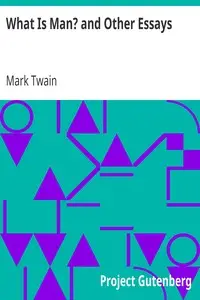
What Is Man? and Other Essays
By Mark Twain
Are humans truly in control of their destinies, or are they merely puppets dancing to the tune of their experiences and desires?
Summary
About the AuthorSamuel Langhorne Clemens, known by the pen name Mark Twain, was an American writer, humorist, and essayist. He was praised as the "greatest humorist the United States has produced," with William Faulkner calling him "the father of American literature." Twain's novels include The Adventures of Tom Sawyer (1876) and its sequel, Adventures of Huckleberry Finn (1884), with the latter often called the "Great American Novel." He also wrote A Connecticut Yankee in King Arthur's Court (1889) and Pudd'nhead Wilson (1894) and cowrote The Gilded Age: A Tale of Today (1873) with Charles Dudley Warner.
Samuel Langhorne Clemens, known by the pen name Mark Twain, was an American writer, humorist, and essayist. He was praised as the "greatest humorist the United States has produced," with William Faulkner calling him "the father of American literature." Twain's novels include The Adventures of Tom Sawyer (1876) and its sequel, Adventures of Huckleberry Finn (1884), with the latter often called the "Great American Novel." He also wrote A Connecticut Yankee in King Arthur's Court (1889) and Pudd'nhead Wilson (1894) and cowrote The Gilded Age: A Tale of Today (1873) with Charles Dudley Warner.

